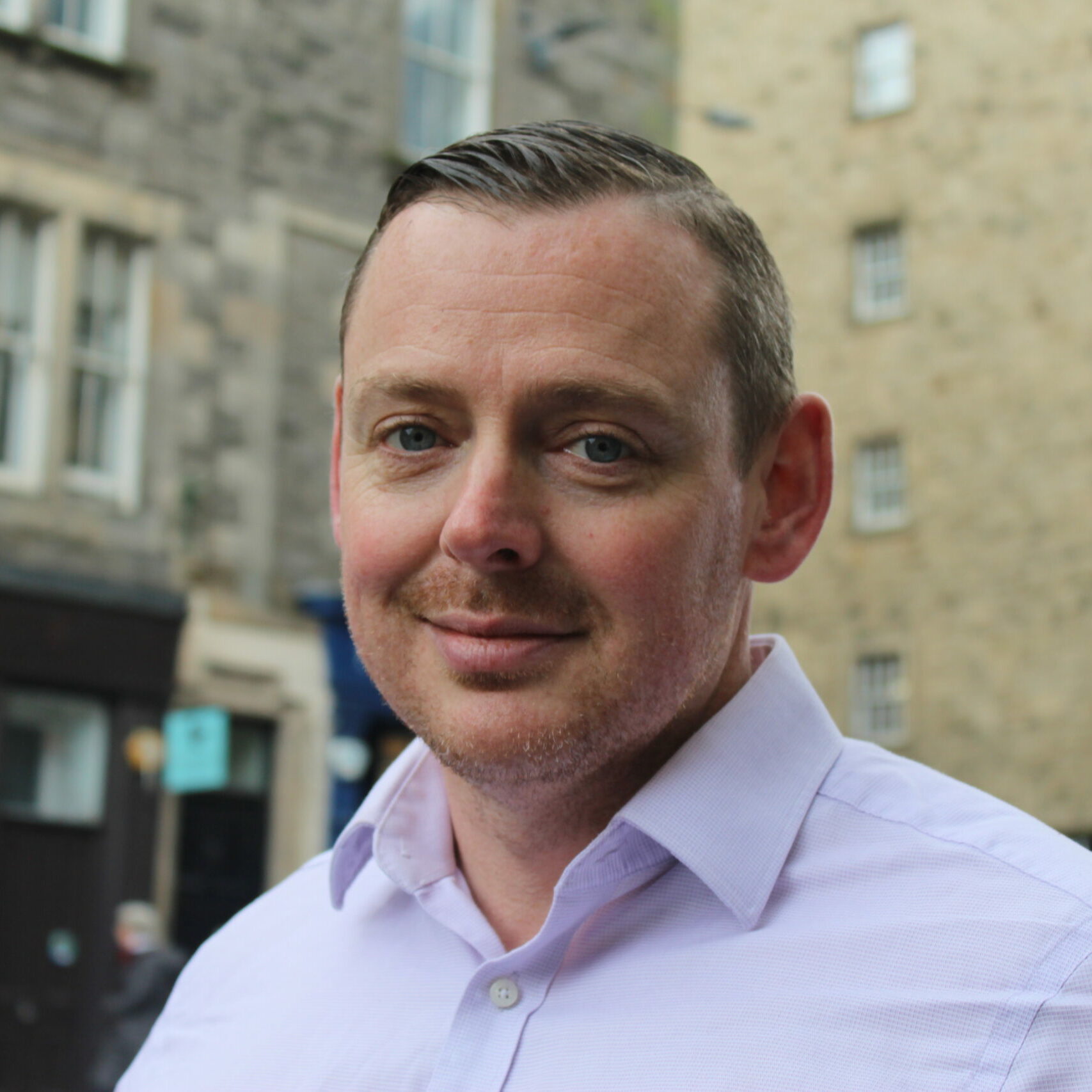Poverty is a colossal issue in Scotland, and indeed the rest of the UK – one that seems to get worse year on year.
It’s been allowed to become deeply ingrained in our society. So much so, it’s become an ideological battleground, with pernicious policy decisions backed up by cruel and measured rhetoric. Look no further than former UK Home Secretary Suella Braverman’s barefaced assertion that rough sleeping is a “lifestyle choice”.
When the well of political goodwill runs empty and meaningful policy change is thin on the ground, once again, it falls on civic society to take on the fight.
This is why it was great to see the Poverty Alliance and its crucial networks highlighting the need for collective action based on compassion and justice during the recent #ChallengePoverty Week. Campaigns like this are essential to movement building. The breadth of work going on across the country that was displayed throughout the week was remarkable – and we were heartened to see many YouthLink Scotland members engaging in #ChallengePoverty Week, calling for meaningful change.
Addressing issues around poverty is a central concern for youth workers, who often work in some of the most deprived communities across Scotland. Youth workers plug gaps in an atrophied network of de-funded local public services and a porous social security system. Without youth work services in these communities, there is no safety net.
There is a growing body of evidence demonstrating how youth work is hugely effective at tackling issues around poverty in Scotland, outlined in YouthLink Scotland’s recent policy paper on poverty. It boosts educational attainment, positively impacts mental health and wellbeing, improves employability and develops key skills for life in partnership with young people. Youth work can also operate at the coalface of poverty, engaging in dignified food provision programmes helping young people and their families access vital support, and providing school-age childcare.
Those in the youth work sector know that youth workers are instrumental in Scotland’s battle against poverty. Seeing the transformative potential of the sector recognised as a strategic partner to tackle poverty in the Scottish Government’s Child Poverty Action Delivery Plan (2022-2026) was a hugely encouraging step, however.
Youth workers are positioned in the heart of Scotland’s communities and are already doing a power of fantastic work to support the most marginalised in our society. They can be the instrumental lever in Scotland’s battle against poverty.
But we can’t do it alone.
As the National Agency for Youth Work in Scotland, YouthLink Scotland has a critical role in helping amplify the sector’s voice in calling for a just and equal Scotland. By working in partnership, we can support organisations like the Poverty Alliance strive to meet their core aim of eradicating the scourge of poverty.
In so doing, we must recognise across all our networks that, as a rights-based practice, youth work promotes inclusion, mutual respect, and equality and is a perfect partnership fit. Youth work is fundamentally about building relationships based on trust and shared understanding and using the strength of these relationships to develop a person-centred and non-formal learning approach to the development of young people.
We know that far too many of the young population live in poverty. Poverty hurts children’s development, leading to lower income and health levels in adulthood. We should recognise child poverty as denying children’s human rights and violating the United Nations Convention on the Rights of the Child (UNCRC).
Poverty is a rights issue. It’s a circumstance brought about by the withdrawal of basic human rights to varying degrees. Your right to an education and healthcare. To food, shelter and employment. Your right to be free from violence. Your right to life.
All of these rights come under threat when you live in poverty. Youth work understands and intersects with them all. Why? Because youth work is human rights work.
Poverty deprives young people of their right to education, including access to non-formal learning through youth work. The main determinants of social exclusion are rooted in social inequalities. So, to effectively prevent and remedy the risk of exclusion for many young people, we must address the root causes that generate social inequality. Lessons learned from youth work indicate that this is possible.
However, there is more to do to capture youth work’s untapped potential to act as a powerful lever in the drive against poverty in Scotland. We must create meaningful inclusion and commitment to a personalised education that serves the many. Youth work as a social and educational practice can help deliver this aim.
However, more collective action is needed.
YouthLink Scotland and Poverty Alliance must use the strength of their connected networks, such as partnerships between local authorities, voluntary organisations and young people, to help deliver the focus needed on young people’s personal, social and educational development.
It is a national imperative to focus on the needs of young people experiencing poverty, building physical and social skills and creativity and encouraging them to remain hopeful in precarious times. Youth workers can advocate the politics of the common good and demonstrate (in numbers and stories) how good youth work achieves this aim.
We believe involving youth work as a more integral partner in tackling poverty can help raise attainment, support family wellbeing and enable parents and carers to take up or sustain work, training and study. These are all vital components of the route out of poverty. The practice is crucial to tackling child poverty and helping create positive changes in the lives of young people.
Working together, we can deliver on the Scottish Government’s promise that Scotland is the best place in the world for a young person to grow up.
This is only possible in a poverty-free Scotland.



Enter your email address to receive regular e-updates about our work. If at any time you want to stop receiving these, simply contact us. We’ll keep your details safe and won’t share them with any other organisations for their marketing purposes. For full details see our Privacy Policy.